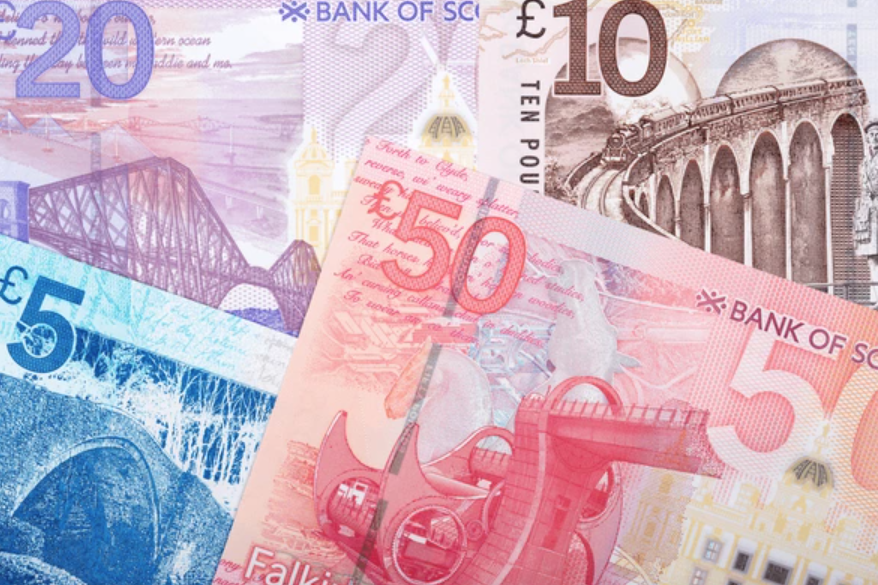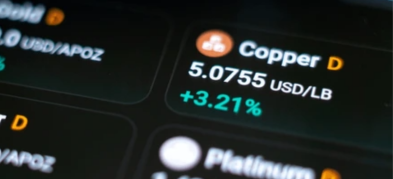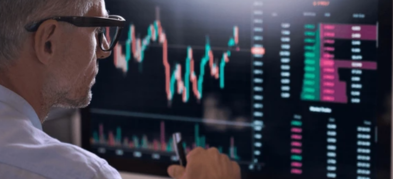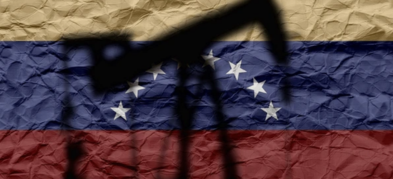
Ultima Markets App
Trade Anytime, Anywhere
Important Information
This website is managed by Ultima Markets’ international entities, and it’s important to emphasise that they are not subject to regulation by the FCA in the UK. Therefore, you must understand that you will not have the FCA’s protection when investing through this website – for example:
- You will not be guaranteed Negative Balance Protection
- You will not be protected by FCA’s leverage restrictions
- You will not have the right to settle disputes via the Financial Ombudsman Service (FOS)
- You will not be protected by Financial Services Compensation Scheme (FSCS)
- Any monies deposited will not be afforded the protection required under the FCA Client Assets Sourcebook. The level of protection for your funds will be determined by the regulations of the relevant local regulator.
Note: Ultima Markets is currently developing a dedicated website for UK clients and expects to onboard UK clients under FCA regulations in 2026.
If you would like to proceed and visit this website, you acknowledge and confirm the following:
- 1.The website is owned by Ultima Markets’ international entities and not by Ultima Markets UK Ltd, which is regulated by the FCA.
- 2.Ultima Markets Limited, or any of the Ultima Markets international entities, are neither based in the UK nor licensed by the FCA.
- 3.You are accessing the website at your own initiative and have not been solicited by Ultima Markets Limited in any way.
- 4.Investing through this website does not grant you the protections provided by the FCA.
- 5.Should you choose to invest through this website or with any of the international Ultima Markets entities, you will be subject to the rules and regulations of the relevant international regulatory authorities, not the FCA.
Ultima Markets wants to make it clear that we are duly licensed and authorised to offer the services and financial derivative products listed on our website. Individuals accessing this website and registering a trading account do so entirely of their own volition and without prior solicitation.
By confirming your decision to proceed with entering the website, you hereby affirm that this decision was solely initiated by you, and no solicitation has been made by any Ultima Markets entity.
I confirm my intention to proceed and enter this website Please direct me to the website operated by Ultima Markets , regulated by the FCA in the United KingdomWhat Currency Does Scotland Use?
Scotland uses the British Pound Sterling (GBP) as its official currency. Although Scottish banks issue their own banknotes, they are fully backed and interchangeable with all UK currency. The symbol used is £, and the currency is the same as in England, Wales, and Northern Ireland.

What Does Scotland Money Look Like?
Scottish money includes the same currency denominations as England: £5, £10, £20, £50, and £100 notes, plus coins ranging from 1p to £2. However, the banknotes are uniquely designed by three Scottish banks:
- Bank of Scotland
- Royal Bank of Scotland
- Clydesdale Bank
These notes feature Scottish cultural icons, landmarks, and historical figures such as Sir Walter Scott or Mary Somerville. While they are legal currency within the UK, Scottish notes are sometimes unfamiliar and questioned outside of Scotland, particularly in England or Northern Ireland.
Scotland Currency Symbol
The currency symbol for Scotland is £, the same as the British Pound Sterling. The ISO code is GBP. This applies across the UK, including England, Scotland, Wales, and Northern Ireland.

Scotland Currency and Forex Market: Why It Matters
In the foreign exchange (forex) market, the British Pound (GBP) is one of the most actively traded currencies globally. It typically forms popular forex pairs such as:
- GBP/USD – Known as “Cable,” one of the top-traded currency pairs.
- EUR/GBP – Widely used to hedge EU–UK exposure.
- GBP/JPY – High volatility pair used by speculative traders.
Although Scotland doesn’t have an independent currency, any major economic or political shifts in Scotland such as independence debates can impact GBP volatility. Traders watch these developments closely, particularly those exposed to GBP/USD or EUR/GBP.
Historical Pound Scots
Before the 1707 Acts of Union, Scotland had its own currency called the Pound Scots. It was used from the 12th century until the early 18th century, when it was replaced by the Pound Sterling after Scotland joined the Kingdom of Great Britain.
The Pound Scots was heavily devalued over time and eventually pegged at a fixed exchange rate during the union: 1 Pound Sterling = 12 Pound Scots
Pound Scots vs USD: Historical Perspective
While the Pound Scots no longer exists, historical comparisons can be used to understand the value loss:
- During the late 1600s, 12 Pound Scots = £1 GBP
- In modern terms, £1 GBP ≈ $1.28 USD (as of August 2025)
- Therefore, 12 Pound Scots would be worth less than $1 USD in purchasing power equivalent today.
This highlights how much currency value has evolved due to inflation, monetary policy, and economic consolidation over centuries.
Popular Forex Pair: GBP/USD
The GBP/USD pair is known for its wide trading ranges, often attracting swing traders and institutional investors. As of August 2025:
- GBP/USD Average Daily Range: ~80–120 pips
- Key Drivers: UK CPI, BoE rate decisions, US jobs data
While Scotland’s regional policies may affect sentiment short-term, GBP strength largely reflects the UK-wide macroeconomic outlook.
Conclusion
Although Scotland uses the British Pound, its banknotes, history, and economic voice give it a unique monetary identity. For forex traders, understanding these nuances helps navigate market sentiment, especially during periods of political uncertainty such as Scottish independence movements.
At Ultima Markets, we provide institutional-grade access to major forex pairs like GBP/USD, EUR/GBP, and more. With real-time data, tight spreads, and deep liquidity, traders can seize opportunities driven by UK and Scottish economic developments.
Disclaimer: This content is provided for informational purposes only and does not constitute, and should not be construed as, financial, investment, or other professional advice. No statement or opinion contained here in should be considered a recommendation by Ultima Markets or the author regarding any specific investment product, strategy, or transaction. Readers are advised not to rely solely on this material when making investment decisions and should seek independent advice where appropriate.












